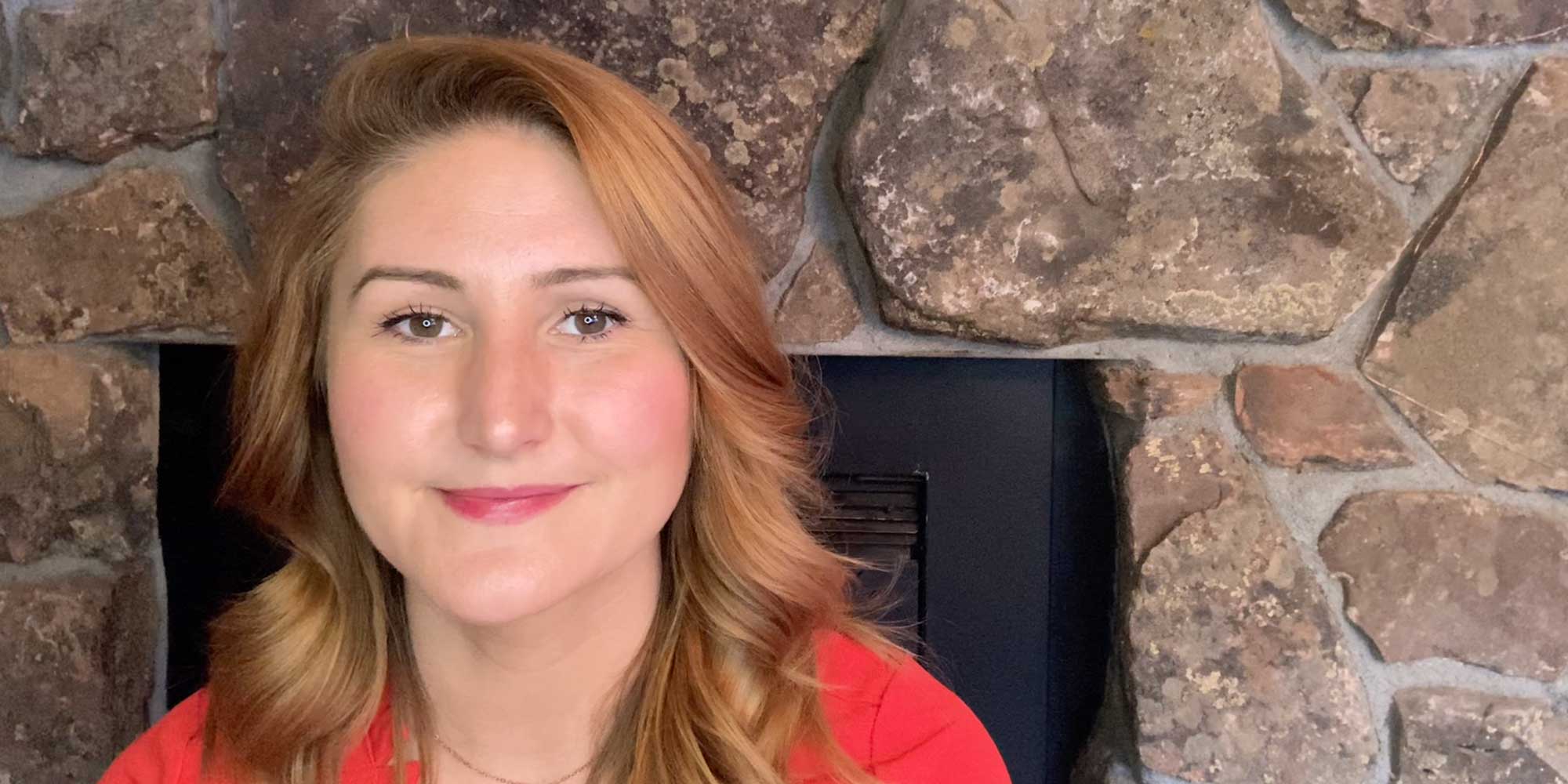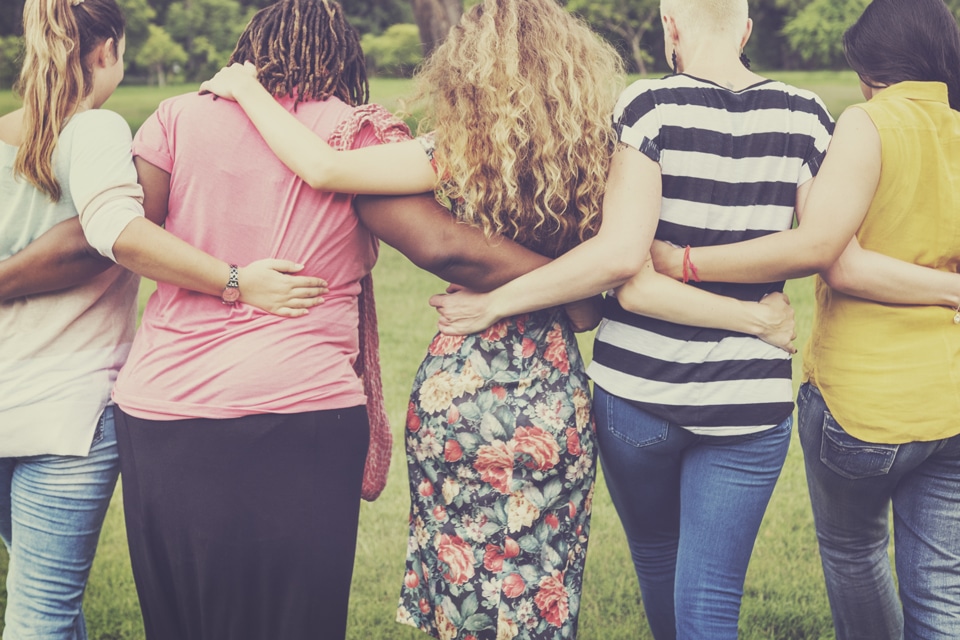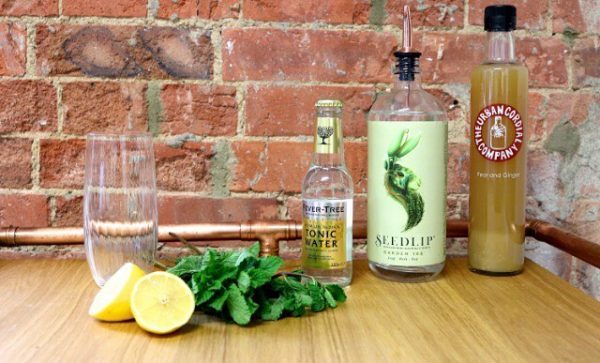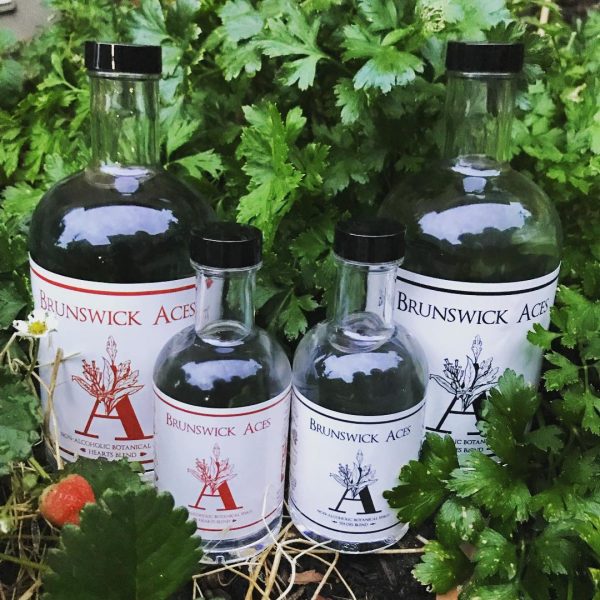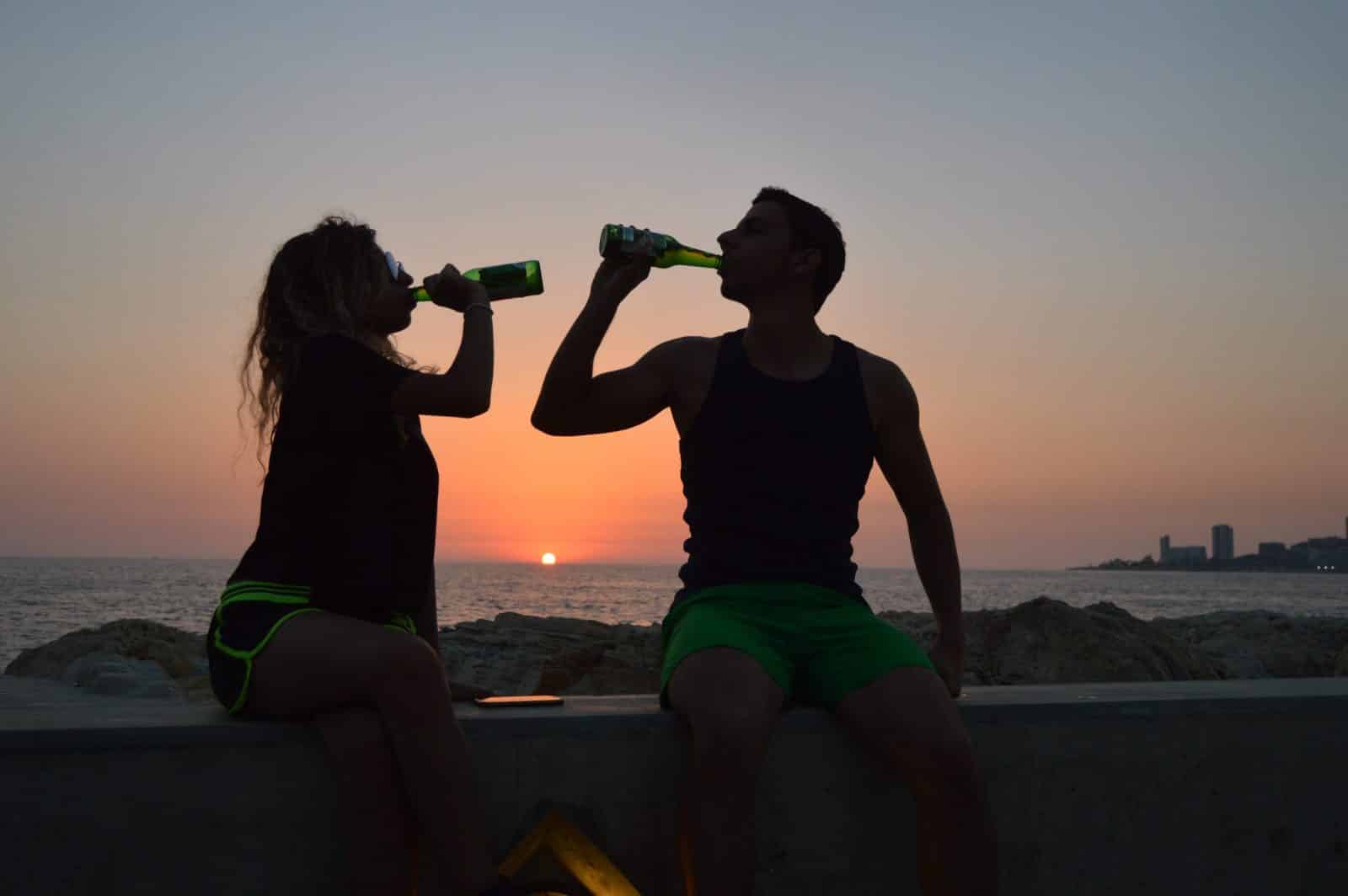In the first part of Alex’s interview, she shared her own personal journey with sobriety and how she eventually arrived at Hello Sunday Morning to help likeminded people. In this final part of her interview, Alex shares how her lived experience helps provide perspective to help others as a Care Navigator at Hello Sunday Morning. Alex also adds some useful tips to keep us going.
Given your insight into alcohol dependency and making changes, what do you feel you offer the Daybreak community?
I bring my own lived experience as well as my professional insight which is practical and person-centred.
Offering empathy is huge with me. I remember the fear and shame, and what that feels like when you are really trying hard to explore how to change. I can support people to work out alcohol free days and step towards strategies that relate to the different parts of the journey they’re on.
I understand those voices that you carry inside you when you’re processing things.
I like to bring a connection of kindness and a feeling that there is a form of hope for people to move through each stage of their sober curious or sobriety state.
For a lot of people, the biggest thing is ‘Where do I start? How can you help me? How is this time going to be different?’ Those questions can be overwhelming so I’m here to support them and guide them in the right direction, but also reassure them that things are possible. Change involves baby steps and I help them break down those steps, with full insight into the push-pull you feel as someone who has been there themselves, trying to release the grip of alcohol.
Relapses with alcohol can make people
feel like they’ve let themselves down.
I reassure them that they’re accepted here
and that they are fully supported.
Some people ask, ‘Why do I have issues with alcohol, and others don’t?’ we are all affected differently by alcohol, based on life events or even genetics. For some people it’s hard to stop drinking once they start – if you have a compulsion to drink and your blood alcohol reaches a certain amount, it’s like a runaway train.
I bring empathy and knowledge about people’s journeys, and I love people knowing that they have the possibility for recovery.
Do you ever feel triggered to drink after listening to people’s stories in Daybreak?
No. I’m very grateful for where I’m at and where I’ve come from. I’m all about bringing that change for other people, because I’ve been that change for myself.
Relapses with alcohol can make people feel like they’ve let themselves down. I support them and reassure them that they’re accepted here, they’re welcome to talk through the triggers and lean into the different challenges that they experience knowing that they are fully supported – I’ve seen people who come back after years for a check-in saying, ‘I just need to remember what worked for me last time.
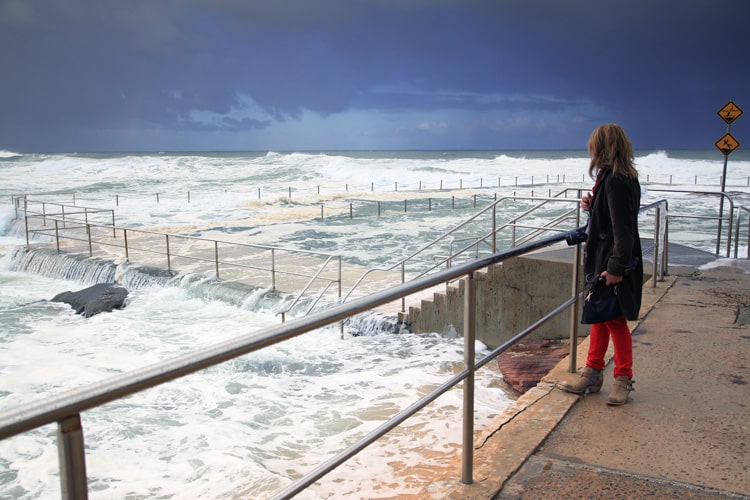
There are good-days and not-so-good days – just know there is always hope.
What is your favourite part of working with Hello Sunday Morning and interacting with the Daybreak community?
By the time people reach out for help, they’ve already endured so much and have been dealing with their alcohol dependency on their own. Care Navigation can support them to find the best support at the right time.
They can choose to talk to me one-on-one anonymously or they can interact with a pseudonym to talk to others in the community as well. I love that we give them this choice. Supporting new people is always wonderful, as is being there for the regular Daybreak community as they maintain focus.
I’m so energised by reassuring people that they are in the right place, even if they’re not quite sure what strategies, services, or resources they want. I’ll continue to chat with them about what works on a personal level and be a reminder for them to practise self-kindness as well.
I bring empathy and knowledge
about people’s journeys,
and I love people knowing that
they have the possibility for recovery
I love helping people feel they can do this – that they can make the change they want to happen, and that they deserve to feel good and proud of every single step.
Care Navigation is personal support that meets them where they are at. I’ll recommend resources – a book, a podcast or other services and tailor strategies like how to have the conversation with their GP or make sure they book a longer time so that their GP appointment isn’t rushed. There may be other issues that they need to consider and I’m always looking to offer them more holistic support.
Essentially as a Care Navigator you are co-navigating their journey through change. You put yourself in the seat next to them, saying ‘I’ll show you the way, it’s OK – I’ll be that person to help you get towards strategies that work for you.’
What does it mean to you to be a Care Navigator for Hello Sunday Morning?
This role is everything to me because I’ve had a life that could have gone either way. It’s now an alcohol-free life, I’m present for my daughter, have a great job, home and partner. I remember people’s kindness to me in the early days when I was reaching out for support and how helpful and kind they were.
I want to offer that same compassion because even your closest family and friends can’t always help you when you are rock-bottom. It means so much that Care Navigators can offer that in their place with strategies that can work.
Care navigation is about a real human offering support, not a bot!
We use chat messaging to discuss what strategies and steps might be better for the individual, and if that doesn’t work, then we can change it to make it more successful.
Essentially as a Care Navigator, I am co-navigating
people's journey through change.
I put myself in the seat next to them,
saying ‘I'll show you the way,
it's OK – I'll be that person to get you
towards strategies that work for you.’
Do you have any sober mantra’s that you could share with us?
For myself in the beginning my personal mantra was always ‘Whatever happens – don’t pick up (a drink).’ For me one drink would always lead to a second or third, and I didn’t want to go back to where I started, or worse.
For others it is less of a need for a mantra and more of a need for me to reassure them to stay connected, no matter how they feel. I encourage them to just keep monitoring themselves, stay in tune to what is happening and keep talking to others to lean on them for their support and encouragement too.
What are your top tips for starting out when making changes to drinking habits?
It’s really all about a personal pathway to care …
- Look after your emotional self
- Stay connected with others – talk to people or professionals you trust
- Make the change early before things become more tangled and damaging
Care Navigators like Alex are here for you to chat with online when you’re feeling stuck with your drinking goals. Their personalised support makes all the difference in helping you on your journey.
Thanks Alex, for sharing your experiences and insights. We are grateful to Care Navigators like you who provide compassionate and practical support to our community in the Daybreak app.
The Daybreak app is free for all Australian, thanks to the Australian Government support for Hello Sunday Morning. Download the Daybreak app today on Google Play or Apple Store!



